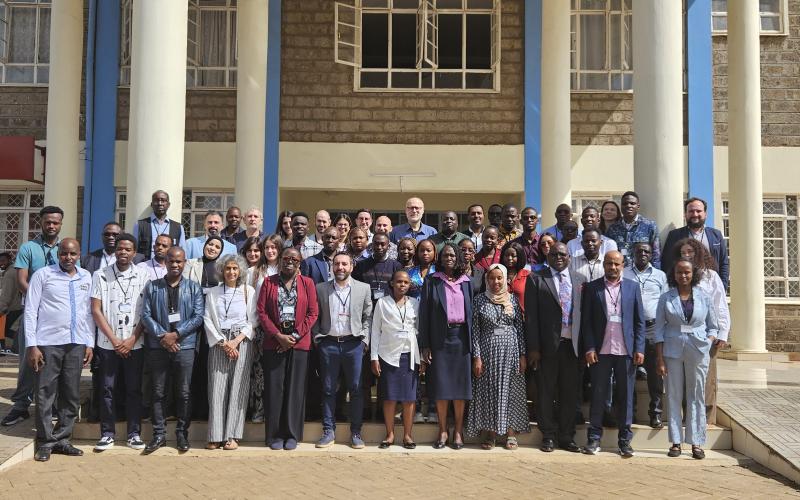In questi giorni il team di bioingegneri composto da Arti Ahluwalia, Carmelo De Maria e Chiara Belmonte si trova a Nairobi per tenere un corso intensivo nell'ambito del progetto Afra Moya, di cui il...
Leggi tuttoNewControl

H2020-ECSEL-2018-2-RIA-two-stage-1
Start date: 1/04/2019
End date: 31/12/2022
Website: https://www.newcontrol-project.eu/
DII Team Leader: Federico Baronti
NewControl will develop virtualized platforms for vehicular subsystems that are essential to highly automated driving (realizing functions such as perception, cognition and control), so as to enable mobility-as-a-service for next generation highly automated vehicles. Its overarching goal is to provide an industrially calibrated trajectory towards increased user-acceptance of automated control functions, through an approach that is centered on the premise of safety by design.
Newcontrol will deliver:
- Fail-operational platform for robust holistic perception through a combination of Lidar, Radar, and sensor fusion
- Generalized virtual platform for stable and efficient control of propulsion systems
- Cost- and power-efficient, high-performance embedded compute-platforms for in-vehicle perception, cognition, and control
- Robust approaches for implementing, verifying, and certifying automated control for safety-critical applications
Several (12) demonstrators will be built to showcase the project’s findings and their capability to facilitate perception, cognition and control of next generation highly automated vehicles.
The developments in NewControl will facilitate significant cost reductions for essential modules necessary for future automated vehicles. Concomitantly, these developments will improve the safety and reliability of automated systems to levels necessary for mass-market deployment. These innovations will leverage the expertise of industrial (OEMs, Tier-1, Tier-2 and technology providers) and research partners along the complete semiconductor, automotive, and aviation value chains, providing Europe with a competitive edge in a growing market.
Importantly, NewControl's innovations will improve the market penetration of safety-centric automation systems, contributing directly to the European goal of zero road fatalities by 2050.



